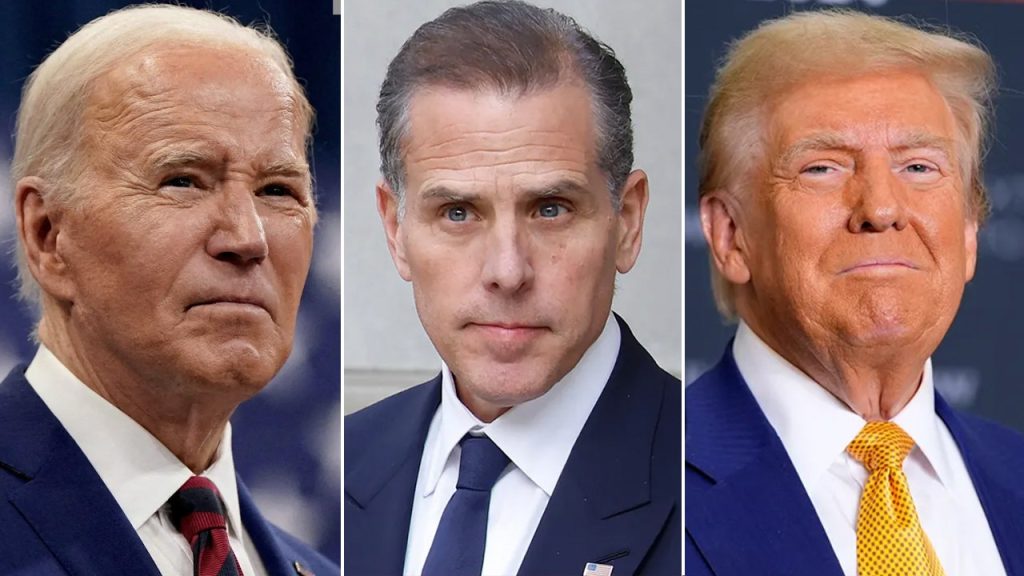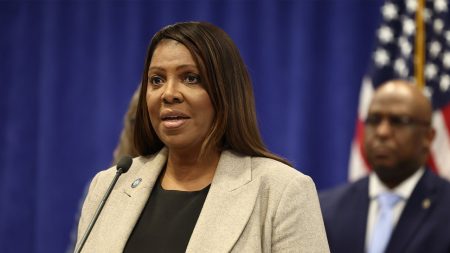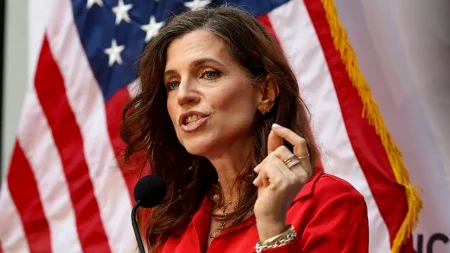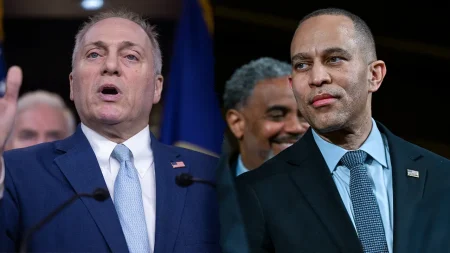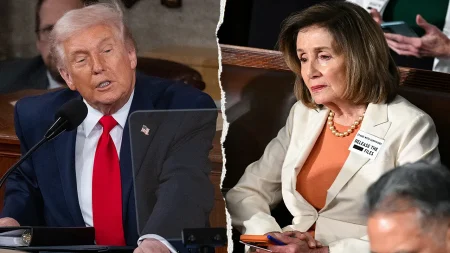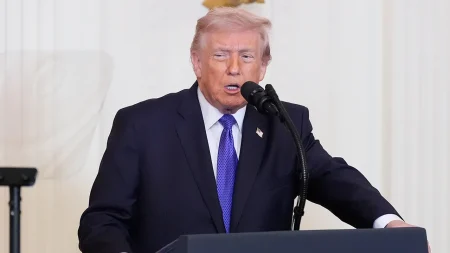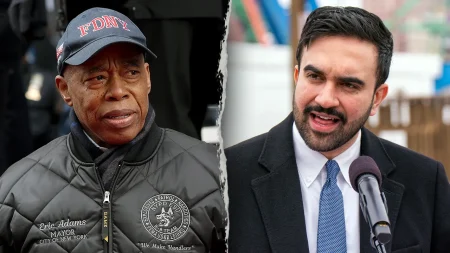President Joe Biden’s recent decision to pardon his son Hunter Biden has provoked significant controversy and allegations of duplicity. Despite pledging multiple times not to intervene on behalf of his son, Biden did precisely that, effectively dismissing any credibility in his previous promises. This move not only mirrors former President Donald Trump’s own practices of pardoning political allies but also casts doubt on the integrity of Biden’s stance towards the Department of Justice (DOJ). Trump’s immediate reaction via Truth Social insinuated that Biden’s actions reflect a broader miscarriage of justice, specifically questioning whether the pardon would extend to others imprisoned during the January 6 incidents.
Biden’s justification for the pardon included claims of Hunter being “selectively and unfairly prosecuted,” inadvertently aligning with Trump’s arguments of political bias against himself. Such rhetoric opens the door for future political retaliation against the DOJ, particularly as Trump insinuates that he too was a victim of targeted prosecution. Biden characterized the legal actions against Hunter as attempts to undermine both him and his family, asserting that the prosecution was unconscionably linked to his identity as the President’s son. This defense raises questions about the impartiality of the justice system itself, potentially legitimizing claims of selective prosecution from both sides of the political aisle.
On the surface, Biden’s rationale for the pardon could have been perceived sympathetically had his earlier assurances not painted a contradictory picture. Hunter’s own admission of guilt regarding his past actions and struggles with addiction complicates the narrative, presenting a father-son dynamic that could draw public empathy. Nevertheless, the lack of transparency surrounding Biden’s original commitments has put his integrity into question. Critics have argued that had he openly acknowledged the familial ties and challenges posed by Hunter’s past, the situation might have unfolded differently in the public eye.
The sweeping nature of the pardon adds a layer of complexity, as it encompasses all potential offenses Hunter may have committed from 2004 onwards, inviting speculation that Biden’s actions were also designed to shield himself from possible repercussions of his son’s past. Hunter has publicly recognized his past mistakes, framing them as politically weaponized sources of shame. However, the irony persists that his ability to secure lucrative contracts and positions was largely facilitated by his father’s political clout. This intertwining of personal and political stakes draws sharp scrutiny towards both Hunter and Biden.
As Biden faces criticism for his decision, comparisons emerge with Trump’s political appointments that suggest a pattern of nepotism within both administrations. Trump’s choice of Kash Patel as a potential FBI director reflects a similar allegiance to political loyalty as Biden’s appointments of long-term comrades. Media responses to these appointments underline the disparities in perceptions regarding loyalty, accusing Trump of fostering a culture of “loyalists” while framing Biden’s inner circle as seasoned professionals. Yet, the ultimate consequence of Biden’s pardon brings to the forefront a concerning precedent where presidents may exploit the judiciary for partisan advantages.
The Hunter Biden pardon incident symbolizes a broader trend of political intertwining with judicial matters, igniting fears of a continuous cycle where the executive branch utilizes law enforcement agencies to serve political ends. For now, Biden’s legacy faces substantial scrutiny as questions about the integrity of his oath of office persist, bridging back to the core issue of accountability within the justice system. As political tides continue to shift in Washington, the implications of this pardon may resonate deeply within the future acts of both parties, ushering in grave concerns about the ethos of U.S. governance.





